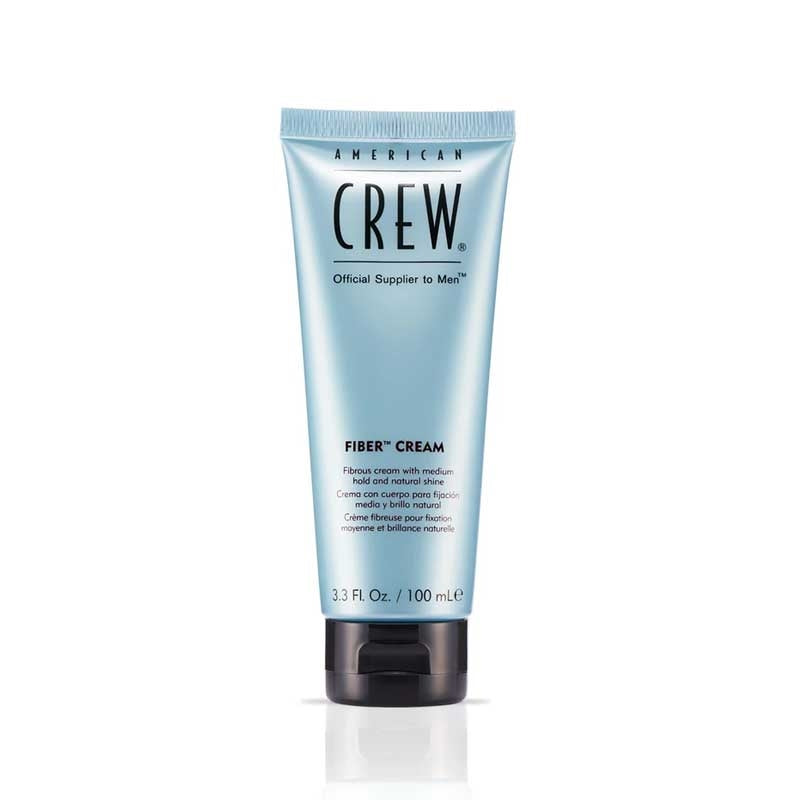Manufactured fibers have revolutionized the textile industry with their versatility and durability. They have been widely used in many industrial applications, ranging from clothing to construction, aerospace to automotive industries. These fibers are created using synthetic materials, and their special characteristics make them ideal for applications where natural fibers may not be able to perform optimally.

The U.S. Federal Trade Commission (FTC) recognizes a range of manufactured fibers that are used in the country. These fibers vary in terms of their physical properties, including strength, durability, and flexibility. The names recognized by the FTC include acrylic, polyester, nylon, and spandex. All of these fibers are widely used in a variety of applications.
One company that has taken advantage of the potential applications of manufactured fibers is Shandong Minye Refractory Fibre Co., Ltd., a ceramic fiber manufacturer based in China. The company has been producing high-quality ceramic fibers that have been used in various industrial applications. The fibers are ideal for industrial use due to their high-temperature tolerance, chemical resistance, and low thermal conductivity.
The ceramic fibers produced by Shandong Minye Refractory Fibre Co., Ltd. have been used in various applications, including insulation for industrial furnaces, boilers, and ovens. They have also been used in the aerospace and automotive industries, where their high durability and chemical resistance make them ideal for use in critical components. In addition, these fibers have found extensive use in the construction industry, where they are used as insulating materials.
According to a company spokesperson, "Our ceramic fibers have been designed to meet the exacting standards and demands of the modern industrial world. We believe in product excellence, and we strive to produce fibers that are of the highest quality." The company prides itself on its ability to customize its products based on the specific needs of clients, be it in terms of fiber diameter, tensile strength, or chemical composition.
The versatility of manufactured fibers is their most significant advantage. These fibers can be customized to meet the precise demands of a variety of applications. For example, polyester fibers are widely used in the clothing industry due to their lightweight and wrinkle-resistant properties, while spandex fibers are ideal for use in sports clothing because of their flexibility.
In addition to their physical properties, the affordability and sustainability of manufactured fibers make them ideal for use in many applications. The production of natural fibers such as cotton and wool is often associated with high water usage and pesticide use, which can make them less sustainable than manufactured fibers. Furthermore, the cost of natural fibers can be high, especially for high-quality fibers.
The use of manufactured fibers is not without its challenges. The disposal of these fibers, especially those made of synthetic materials, can lead to environmental pollution. Furthermore, there have been concerns about the potential health hazards posed by the chemicals used in their production.
However, the benefits of manufactured fibers far outweigh the challenges. Their affordability, versatility, and customizability make them ideal for a variety of industrial applications. As the global textile industry continues to grow, the use of manufactured fibers is likely to become increasingly prevalent. With their ability to meet the precise demands of a range of applications, these fibers are set to play a significant role in shaping the future of textile production.